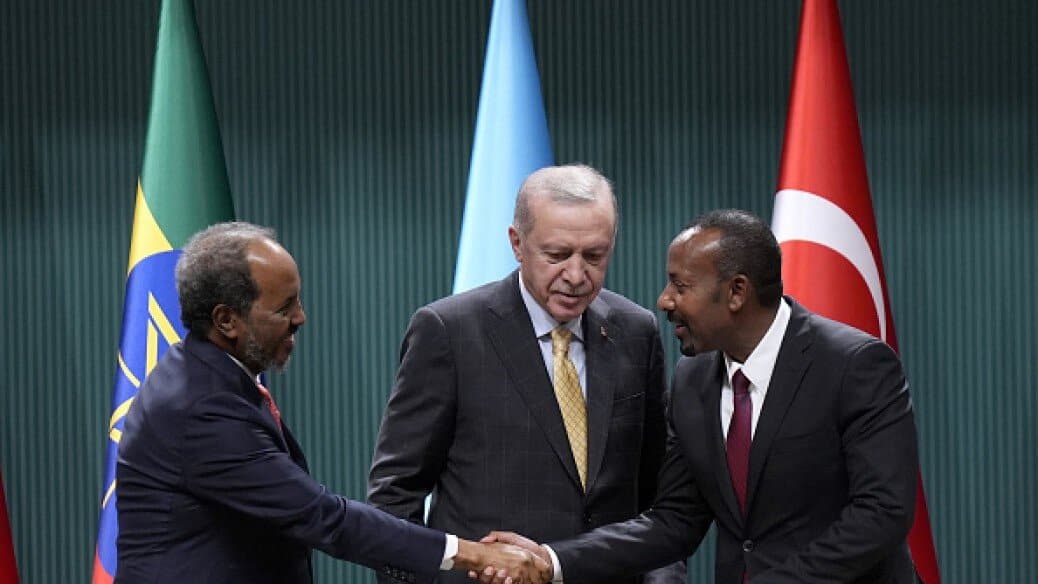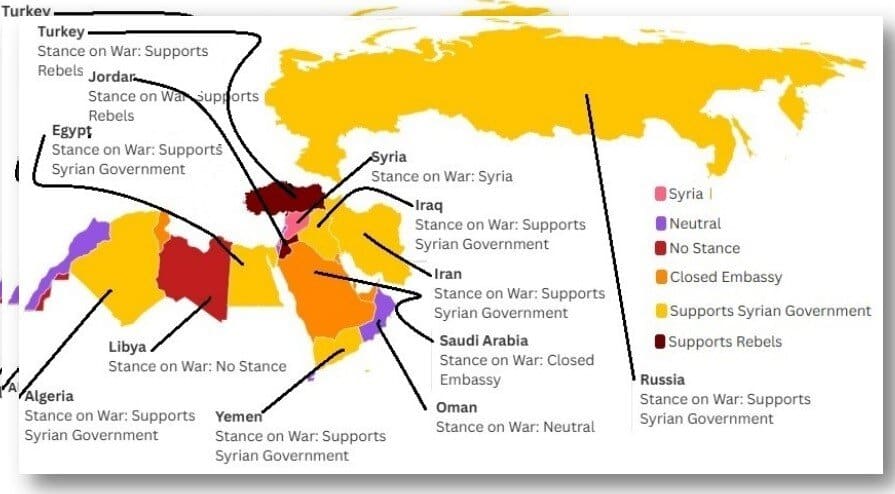Tsegaye Tegenu, PhD
2024-12-13
These days, I’ve been engaging you with discussions on researches and data related to the challenges facing our country. The three articles provided—“Ethiopia: Rapid Population Growth, Fragile Contexts and Ethnic Politics,” “Ethiopia: Framework to Escape from Being Trapped in Deep Hole,” and “Engaging Ethiopian Youth as Development Partner”—address interconnected themes of socioeconomic development, political instability, population dynamics, and strategies for sustainable development in Ethiopia. These articles focus on understanding Ethiopia’s current challenges, their root causes, and proposed interventions through systematic analysis and strategic frameworks. I have also discussed frameworks for situation analysis to help examine the complex problems confronting the country.
The articles collectively propose that Ethiopia’s development will require a mix of diagnosis (understanding root causes) and targeted interventions (sector reforms, economic strategies, governance improvements, long-term development pathways, etc.). They encourage employing analytical frameworks and interventions that are systemic, data-driven, and inclusive of vulnerable populations. My focus is and has been on sharing knowledge.
Different fields addressing challenges
It’s not just me; researchers from various fields and specializations have also diagnosed both macro (systemic) and micro (local) problems of a country, offering insights and potential solutions to improve governance, economic development, social outcomes, and overall national progress.
Economists, development specialists, and policymakers conducted research on national economic policies, fiscal management, poverty alleviation, income distribution, and sustainable growth and suggested solutions. Political scientists, governance experts, and institutional analysts focused on issues like corruption, political stability, rule of law, and public sector performance and suggested solutions. Environmental scientists, sociologists, and public health researchers assessed issues such as environmental degradation, climate change, healthcare access, and education outcomes.
At sector and micro levels, urban planners, sociologists, and community development experts have examined localized issues such as regional disparities, urbanization, and community access to resources and suggested solutions. Education specialists have studied how education systems can better meet the needs of the population, reduce illiteracy, and prepare workers for a global economy. Public health researchers studied diseases, healthcare systems, nutrition, and sanitation, offering solutions to improve public health outcomes. Social science experts, in particular, have proposed solutions to the political issues we faced.
But no one is listening
Despite the abundance of research and solutions offered by experts across various disciplines, integrating that knowledge into practical policy faced several challenges. Even when knowledge is available, there is a lack of political will among leaders. In many cases, the leaders of the country prioritize short-term political gains over long-term development strategies, especially when the evidence-based solutions threaten powerful interest groups (for example their ethnic groups in business).
There are also institutional barriers. The bureaucracies and institutions of the country often resist change, especially when it requires rethinking entrenched systems. Without strong accountability mechanisms, civil servants and decision-makers are unwilling to act on new research, especially when it challenges established practices.
In environments where corruption is widespread, knowledge-based solutions is often ignored or actively suppressed because they threaten the flow of benefits to corrupt actors. For instance, research on National Development Bank showing that funds allocated to public infrastructure are mismanaged or diverted were ignored or hidden, to prevent accountability for poor performance.
Path-Dependency
Because research-based solutions and evidence-based performance evaluations are not integrated into decision-making by those in power, the country has remained stuck in a cycle of underdevelopment and inefficiency for the past fifty years. Since the rise of the military Derg regime, political ideology—not research-based visions and strategies—has dictated the direction of the country. While scientific research and evaluations may have their own frameworks and methodological limitations, they are crucial for driving Ethiopia’s developmental performance. Unfortunately, those in ideological political power have shown a persistent aversion to such approaches.
The military Derg regime rose to power under the slogan Ethiopia Tikdem (Ethiopia First), offering little beyond that rallying cry. Similarly, the EPRDF government came to power with an emphasis on nationalism and ethnicity, again without substantive vision. Both regimes were advised to adapt their slogans and approaches to align with reality. Both failed to do so and, as a result, were eventually removed from power.
The current government has also been advised to engage the youth as development partners. It was warned that in a country with a population structure dominated by a youth bulge, initiating conflicts would be unwise. Similar scenarios in Sri Lanka, the Arab revolutions, and other countries serve as cautionary examples. However, the government ignored these warnings, and now we find ourselves plunged into internal civil war.
Why has Ethiopia been stuck in a pattern of path-dependent development for the past fifty years?



ኦቦ ጠጋዬ
ሰው ወዶ አይስቅም ይባላል፡፡ እና አንተም እውቀትና የተጠያቂነት ብቃት ኖሮህ ነው ሌላውን የምትመክረው?
ድሮም ኢሀድግን ያገለገል ሰው ይሉኝታ የለውም፡፡
Dear Brother Tsegaye Tegenu, PhD,
Disappointment is unavoidable in most instances. But never be discouraged to a point of giving up. Keep writing what is on your mind because that is what you are blessed with by The Almighty Our Creator. Stay fair and precise as you have been all along and stay away from using words from our own history as alienating and insulting terms other confused PhD philosophers among us seem to be hopelessly addicted with these days. Please, please for those upright people who produced us all sake, avoid using terms like ‘Neftegna, Oromummaa and Woyane’ as pejoratives to denigrate others.
Preach brother, preach!!!!